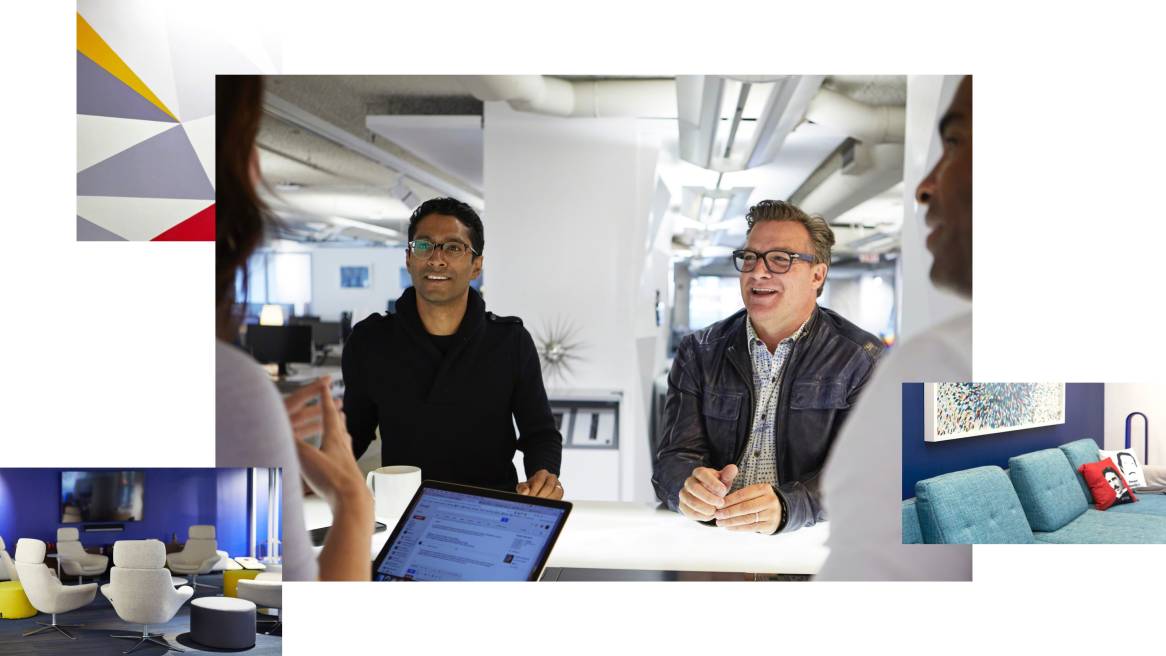Q+A with David Kidder
Think like a startup
Many of today’s biggest companies and most valuable brands, from Alphabet to Zappos, were startups not so long ago. That’s why author, serial entrepreneur and CEO of Bionic, David Kidder, says companies have to act like startups to grow their business. How? By installing the mindset and mechanics of venture capital and entrepreneurship via a system he calls the Growth OS.
360: How should organizations be thinking about growth?
DK: Growth comes from the new problems and needs that enterprises have yet to discover. We have to be persistent entrepreneurs—willing to invest in problems we can’t fully articulate and find answers we haven’t yet imagined. Large companies today are largely built around efficiency, but most companies are already lean. They know how to operate at will. What they can’t do is grow at will. Why can’t you turn on growth in the same way that you can turn on efficiency? We like to think of creating a process for growth as the idea that venture capital and entrepreneurship are actually forms of management, ways to go discover and choose where to invest—to find new problems and needs, that build business.
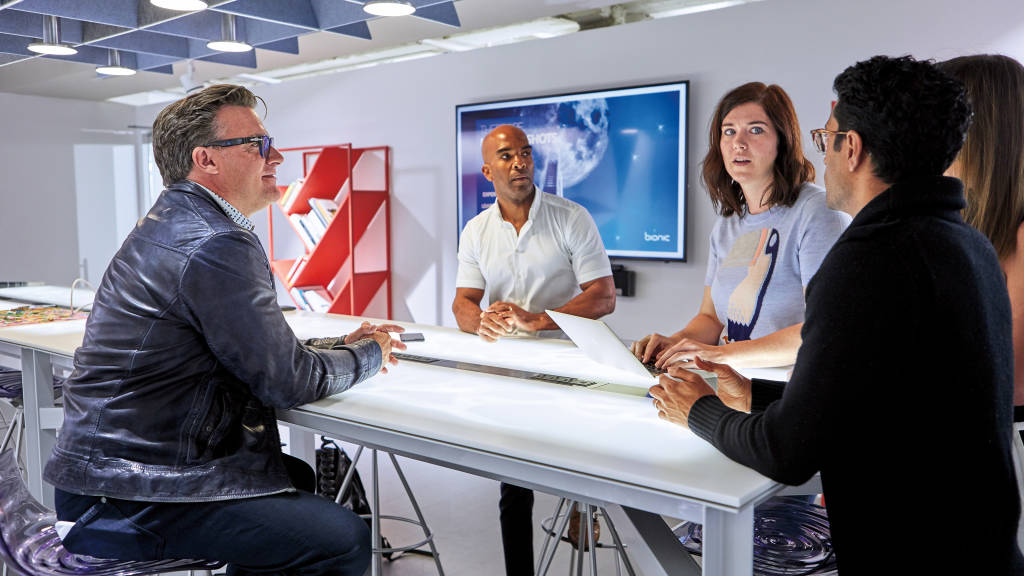
360: How can leaders act through an entrepreneurial lens?
DK: There’s a fantastic shareholder letter written by Jeff Bezos about “day one” companies. The concept is that organizations that keep a founder’s mindset from the beginning effectively build scaled startups. This sort of “refounding” or bringing large enterprises back to their founding root is at the core of leadership and organizational transformation. In that initial letter, Bezos talks about investing for long-term growth, and not to please the short-term expectations of Wall Street.
360: How should organizations identify where to invest or what are the right problems to try and solve?
DK: Most leaders end up where they are because they have good answers to problems that are largely understood, which makes them great at what exists. The marketplace rewards leaders around efficiency and prediction, so they use planning tools that are good at measuring a quarter-to-quarter view of the world, typically planning three years out. If you go beyond three years, the traditional planning model falls apart, because markets, technologies and models are changing. The rate of change is outstripping the value of planning. So, we need to move to a portfolio view of the world. Instead of making two or three well planned bets a year, if you radically increase to 30 bets a year, you increase your odds of learning as fast or faster than everyone else. Then, we start to discover the commercial truth and new growth.
360: How do you increase those odds and speed up learning and discovery?
DK: When a leader sees a new idea, they usually tell the team what they think of the idea, and that corrupts the permissions and boundaries around the learning. In most cases, an entrepreneurial team is not going to invalidate what the leadership says, and because the cost of failure is so high they can’t tell the truth. A venture capital, entrepreneurship approach says, “Go bring me the truth.”
Since the cost of failure is low, the teams can work to get to the fastest, cheapest failure, so we can discover the answer to report back to the leadership team. Entrepreneurs are obsessed with a problem. They don’t care what the idea is, as long as ultimately it wins in solving the problem.
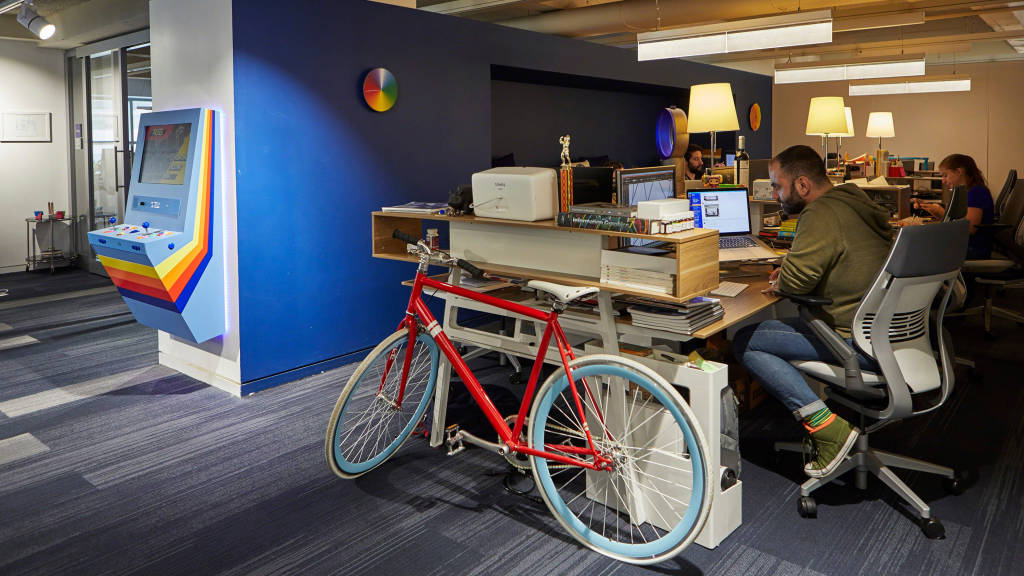
360: How can the environment help influence this entrepreneurial approach?
DK: If you want someone to learn differently, but they continue to work in the same physical environment, it’s intellectually dishonest. You can’t say, “Please think radically different,” and have people go back to their cubicles. You need different environments and experiences as tools to create different learning outcomes.
360: Are you seeing highly-skilled talent demanding different environments in order to do the kind of creative work leaders are seeking?
DK: Absolutely. We’re in an arms race for talent. The 1.8 billion millennials globally want to work, think, buy, experience, develop and discover things. That’s just different than an organizational philosophy of efficiency. Efficiency is designed for environments that are measurable down to the square centimeter. That was fine when efficiency paid well, but we see the marketplace shifting to founder-led companies. They understand that people who are creating value in the world are different than the ones that created efficiency over the last two or three decades. Environments need to rapidly change to support the cultures and the people that create growth. This is really critical.
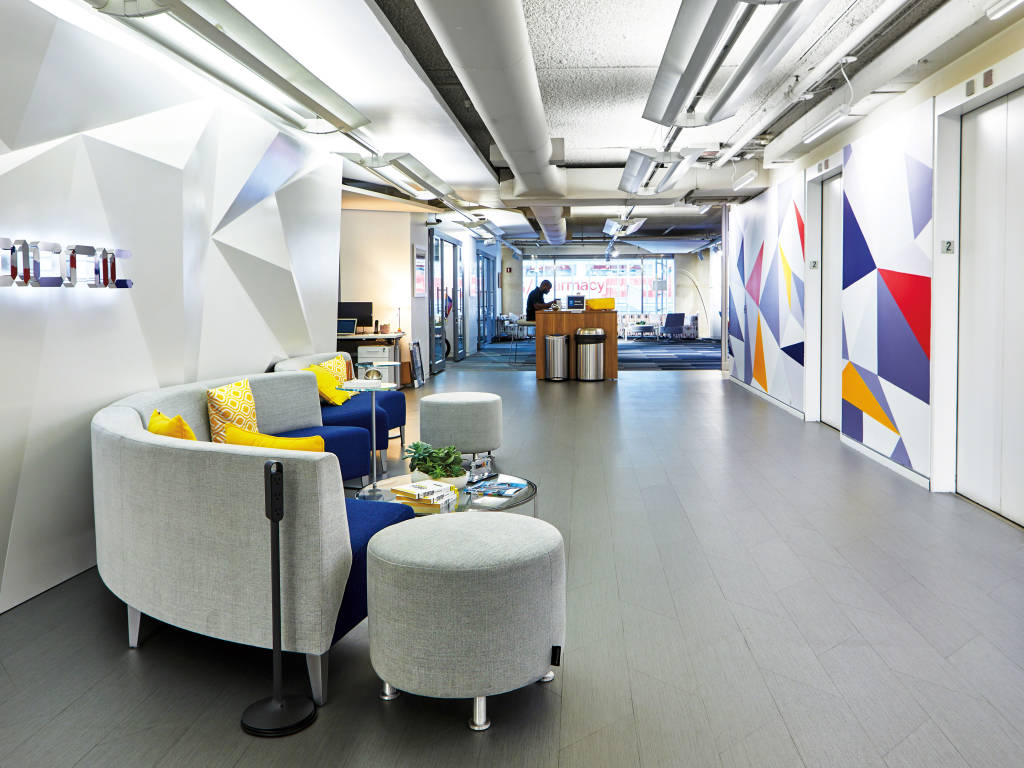
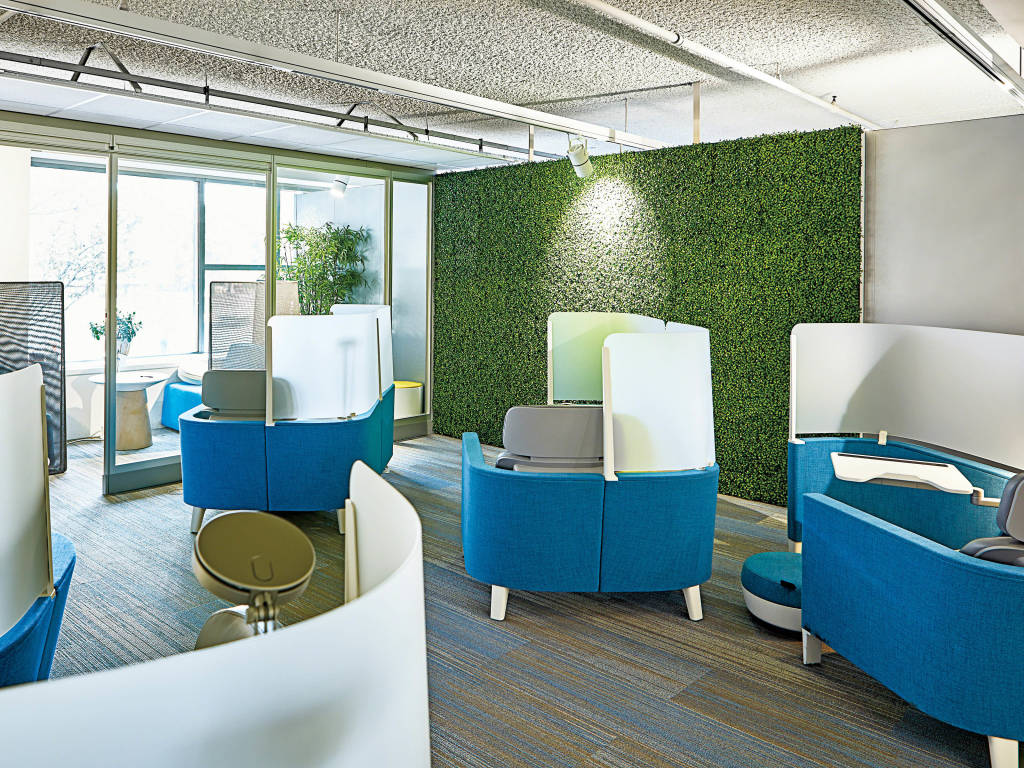
360: What are your offices like at Bionic?
DK: I consider everything in our environment tools, from a standup desk, to a small war room, to a large lab, to a boardroom, to a space we call the Jedi Lounge. Our teams use every inch of our space in different ways. From community lounges to catering bars, from venture capital meetings, to board meetings, to collaboration sessions, to deep thinking and work. If you’re going to create growth and go after new things, you don’t hire fantastic, talented people and then put them in an uninspiring space. We’re making this about experience and outcomes that lead to growth and discovery.
360: What’s the biggest thing holding companies back from achieving new growth?
DK: Most organizations don’t have a talent problem. They don’t even have a money problem. They have a permissions problem and it happens at the leadership level. Their permissions are too narrow. The quarterly capitalism that drives their thinking, doesn’t allow people the time, energy and money to go after new ideas. Great returns are actually non-consensus decisions. Rarely are these decisions agreed on by everyone. It’s when you back a high-conviction, non-consensus view of the world that leads to discovery because very often, weird ideas actually turn into great things. When there’s consensus around “a good idea” that’s often when you get the worst return—everyone understands the idea—which means the entire marketplace understands it, and that means that in most cases, the growth doesn’t exist. So non-consensus, conviction-driven, venture model ideas are what you’re looking for in discovering new growth.
David Kidder talks about the “army of entrepreneurs” at his company Bionic, and the five lenses he uses to spot great ideas in the Steelcase 360 Real Time podcast available on iTunes and SoundCloud.

